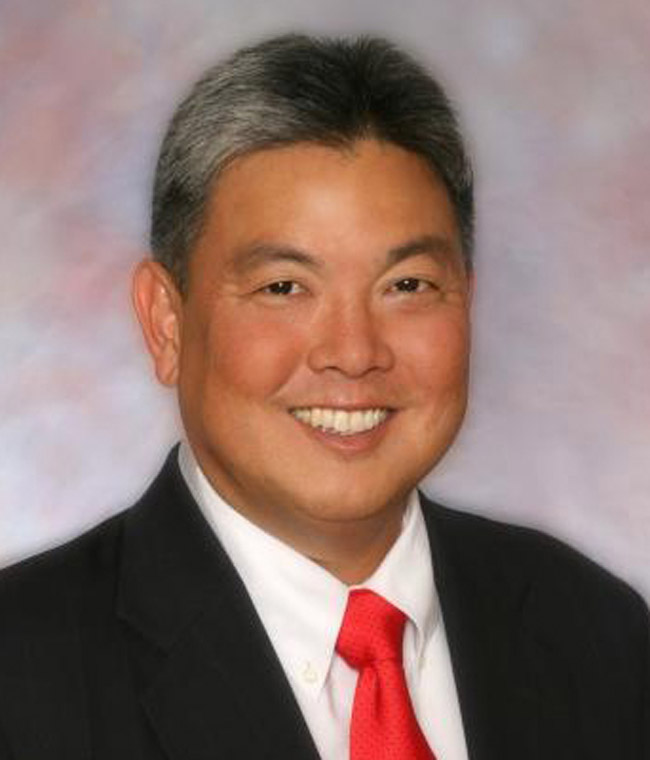Political Theater In A Polarized House
Last week, television cameras caught Hawaii’s lei bedecked new 1st District U.S. Rep. Mark Takai, a Democrat, beaming through President Barack Obama’s State of the Union address.
Takai had reason to smile big. In Hawaii’s 2014 primary election, Takai came from behind to best six fellow Democrats for his party’s nomination, then defeated the Republican nominee, former U.S. Rep Charles Djou, in the general.
So there sat Takai, a member of the U.S. House of Representatives, crammed into the House chamber with his fellow representatives, senators, cabinet members, generals and admirals and Supreme Court justices, to hear a president from his own state. In American politics, it doesn’t get much better than that.
Then Obama said, “Over a decade ago, I gave a speech in Boston (at the 2004 Democratic Party Convention) where I said there wasn’t a liberal America, or a conservative America; a black America or a white America, but a United States of America.
“I said this because I’d seen it in my own life, in a nation that gave someone like me a chance, because I grew up in Hawaii, a melting pot of races and customs.”
The cameras flashed to the grinning Takai.
Their shot also caught the congressman sitting to Takai’s right, a black man of a more solemn mien.
Not just any black man of solemn mien, but a certifiable American hero.
As a student at a black college in the early 1960s, John Lewis became a civil rights activist and leader. He’d sat in at segregated lunch counters, had the “freedom ride” he was on fire-bombed and helped found the Student Non-violent Coordinating Committee.
At the Edmund Pettus Bridge on the outskirts of Selma, Ala., March 7, 1965, “bloody Sunday,” club-wielding sheriff’s deputies beat peaceful demonstrators and fractured Lewis’s skull. Lewis had martyred his head to the voting rights bill, which President Lyndon Johnson signed later that year.
In 1987, with the support of many blacks that bill had enfranchised, Lewis would begin his now-28-year tenure as congressman from Georgia’s 5th District.
Takai, an American of Japanese ancestry, and African Americans Lewis and Obama, represent the dream of an egalitarian, color-blind, neither red nor blue United States of America that the president invoked “over a decade ago.”
But the political theater that played out in the House chamber during and after the president’s State-of-the Union spoke louder about the country’s current politics: they’re polarized to the point of absurdity.
The president proposed “quality child care” for all. Democrats rose en masse, clapping and whooping. Republicans sat en masse, looking almost as solemn as a solemn John Lewis.
Obama called for a week of paid sick leave for every American worker. Democrats rose, Republicans sat.
Equal pay for women for equal work, the President suggested: “It’s 2015, it’s time.”
Maybe not, not in Washington’s age of virulent political polarization. Democrats rose, clapping and whooping still more. Republicans sat.
Obama asked that Congress send him a bill that would “lower the cost of community college to zero.” Again, Democrats rose, Republicans sat.
Obama gave thanks to the brave men and women who have served in America’s war and urged employers to hire vets.
At last, Democrats and Republicans all rose, all clapped and whooped lustily.
To the frosh Takai, it must have been a memorable night, the realization of a long-held dream.
But Lewis, a man who’d helped forge the most important civil rights legislation since the Emancipation Proclamation, may have wept.
dbboylan70@gmail.com






